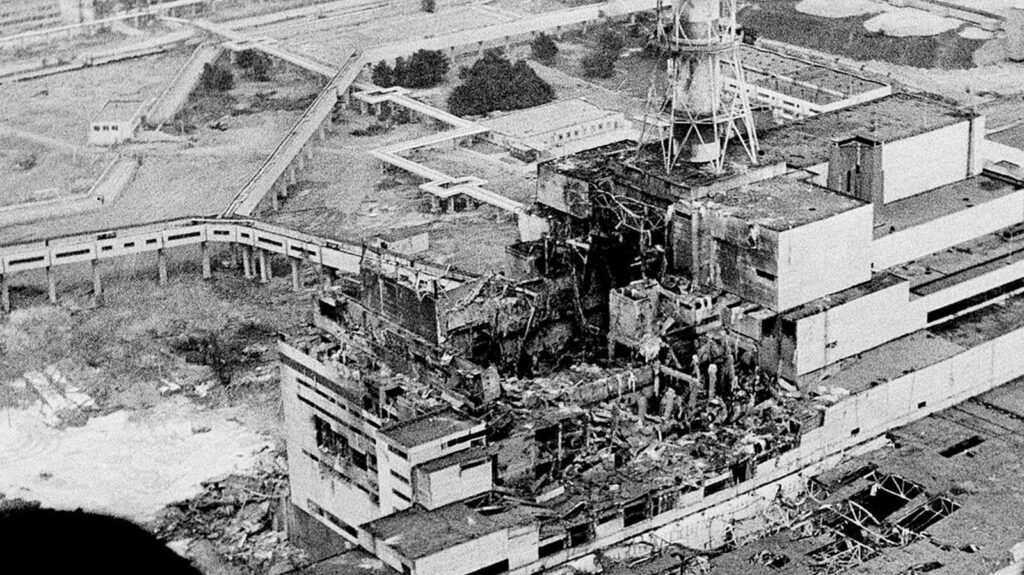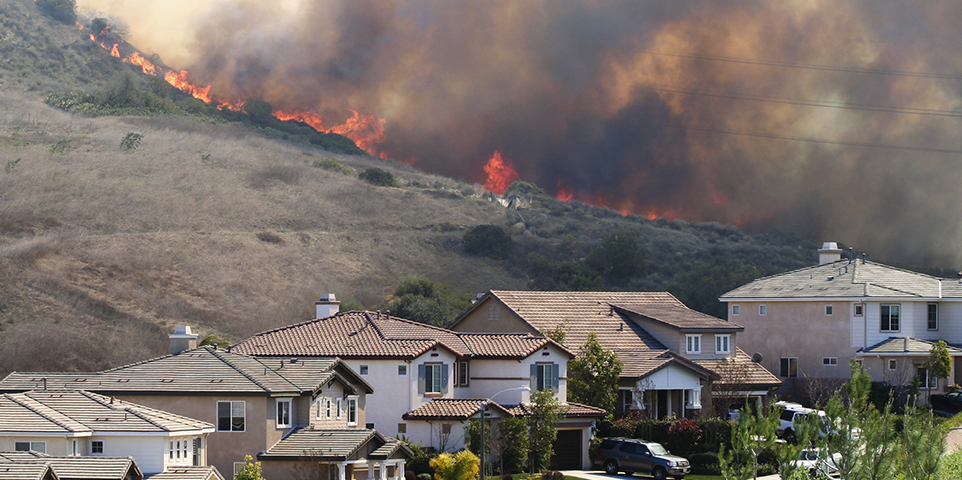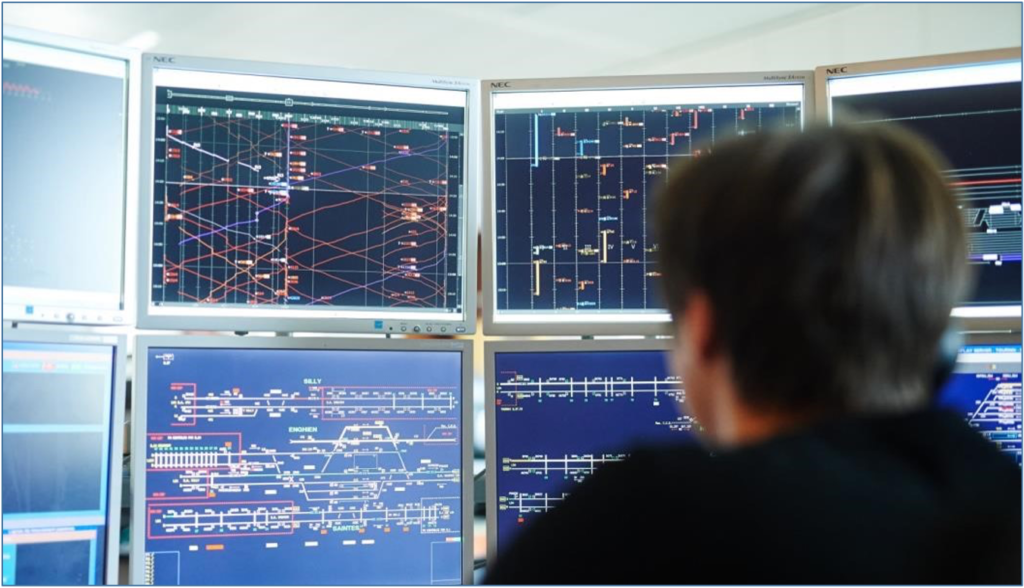The identification of best practices for the design and operation of resilient engineered systems by considering the designer, artefact, and user (DAU) socio-technical eco-system

This research is driven by some of the most egregious examples of engineering failures that have arisen from the emergence of unanticipated system behaviors; these failures have resulted in unfortunate casualties, damage to or loss of property, and calamitous impacts to the environment. Examples include the Chernobyl nuclear disaster, the Three Mile Island accident, and […]
Cognitive Barriers to Understanding Complexity in Human-Technical Systems: Evidence from Engineering Students and Practitioners

According to the National Academy of Engineering, poor understanding of complex human-technical systems, i.e., systems that have many interacting parts, has been a major cause of “man made disasters” that include, for example, the Fukushima Daiichi nuclear accident and the Deepwater Horizon oil spill in the Gulf of Mexico. Various studies show that even well-schooled […]
Collaborative Research: Multi-Perspective Evacuation Performance Measurement

The consequences of performing well in an evacuation are many. They range from utilizing scarce resources, to saving lives and protecting property, to securing politically viable decisions when a disaster occurs. However, there is limited consensus among various stakeholder groups as to what constitutes a successful evacuation. Since Hurricane Katrina, some evacuation issues have been […]
Socio-technical System: Graduate-level Course Offered by the Grado Department of ISE at VT for the First Time

On June 1st, 2009, 216 passengers of Air France Flight 447 diedAre 216 deaths acceptable? Hence, how can we improve? First, we have to answer “What happened?”1. Engineered system malfunction during the flight2. Chaos and panic3. Pilots fail to intervene…plane crashes People die when socio-technical systems responsible for safety critical operations fail. Many times, we […]
LEAP-HI: Safety and Learning from Errors and Near Misses in the Human-Automation Interaction of Socio-Technical Infrastructure Systems

Modern socio-technical infrastructure systems operate in dynamic environments where there is a high level of interaction between human operators and increasingly autonomous technologies that carry out safety-critical tasks. The project will research the balance between safety, workload, and economic considerations in these semi-automated socio-technical infrastructure systems to provide improved design and policy tools to both […]
Kostas Triantis, John Lawrence Professor at Virginia Tech, Granted $2 Million by NSF for Conducting Research on the Relationship of Cognitive Biases and Automation

Kostas Triantis, a professor in the Grado Department of Industrial and Systems Engineering, has received a four-year, $2 million National Science Foundation grant to explore how cognitive biases influence trust in automation and decisions to delegate tasks to automated technologies. A brief description of the project is provided: Every effective railway operation has a strong, […]
Modeling the evolution of the US opioid crisis for national policy development
Abstract: The opioid crisis is a major public health challenge in the United States, killing about 70,000 people in 2020 alone. Long delays and feedbacks between policy actions and their effects on drug-use behavior create dynamic complexity, complicating policy decision-making. In 2017, the National Academies of Sciences, Engineering, and Medicine called for a quantitative systems […]

